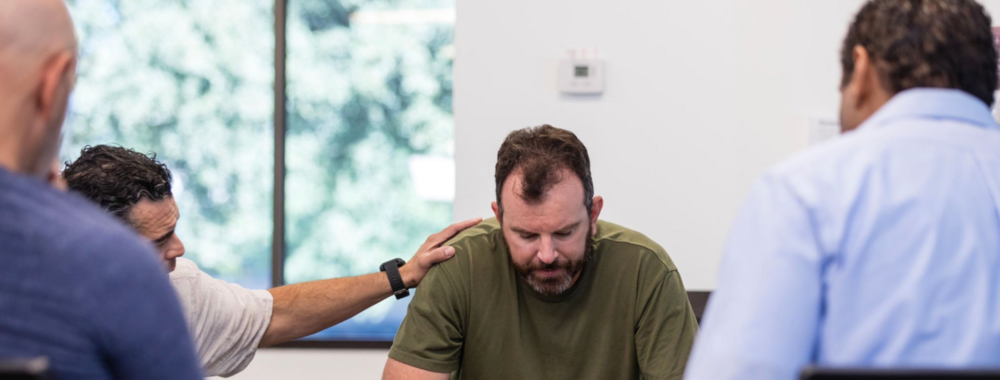Addiction rates in the United States continue to climb as men and women try to cope with everything that is going on in our society today. Global conflicts, the lingering COVID-19 pandemic, and skyrocketing inflation are causing more people to struggle than ever before. Outpatient addiction treatment in Thornton, CO is available to help men and women whose addiction is beginning to interfere with their daily lives. An addiction treatment center can be very beneficial in helping those who are ready to admit they cannot do this alone.
At Colorado Medication Assisted Recovery (CMAR), we support men and women from all backgrounds who are struggling with addiction or other mental health disorders. We provide in-person and online outpatient treatment programs where patients will participate in various behavioral therapies and medication-assisted treatment to reduce withdrawal symptoms and cravings. Call 833.448.0127 today to learn more about how you or a loved one can begin your addiction recovery.
What Is Outpatient Addiction Treatment?
Effective addiction treatment comes in many forms to help a wide range of people. Some people will need a residential treatment program where they stay in a treatment facility during their treatment. While others can benefit more from outpatient addiction treatment, where they attend therapy during the day or evening and return to a sober home. The severity of the addiction and a patient’s physical and mental health will determine which treatment program is best for them.
Outpatient treatment will only work if patients are committed to their recovery and can maintain their sobriety without constant supervision. Other requirements for outpatient addiction treatment in Thornton, CO include:
- Having a stable home environment that will not interfere with your recovery. In some cases, patients can stay in a sober-living environment until they have a safe and sober home of their own.
- The ability to abstain from drugs and alcohol while keeping up with work and family commitments.
- The ability to attend in-person or telehealth appointments on a regularly scheduled basis
- A commitment to long-lasting recovery
At Colorado Medication Assisted Recovery, we will sit with you to evaluate your current health and level of addiction to determine if an outpatient treatment program is best for you. Those who require more attention can begin treatment through in-person addiction treatment and graduate to an outpatient treatment program.
Benefits of Outpatient Addiction Treatment in Thornton, CO
Addiction affects people from all walks of life. It does not matter how rich you are, the color of your skin, or your political or religious beliefs. While addiction symptoms can vary wildly between people, addiction treatment is vital for helping all to lead to a healthy and sober future.
Just some of the benefits of outpatient addiction treatment in Thornton, CO include:
- Receive behavioral therapy and medication-assisted treatment that fits your schedule.
- A better understanding of how addiction works and how you have the ability to change your ways for the better.
- Practice coping skills with peers during group therapy.
- Gain insight into improving communication and relationship skills.
- Rebuild trust and broken relationships through family therapy.
- Gain coping skills that build healthy habits to maintain life-long recovery.
Colorado Medication Assisted Recovery Provides Outpatient Addiction Treatment for Men and Women Ready for Change
At Colorado Medication Assisted Recovery, we help men and women through our outpatient addiction treatment in Thornton, CO. We offer a full range of addiction treatment programs that include:
- Outpatient detox
- In-person and online intensive outpatient program (IOP)
- Case management and family services
- Long-term recovery programs
To begin receiving discreet care for your addiction recovery, call 833.448.0127 today or fill out our online form to see how we can become a part of your addiction journey.





























